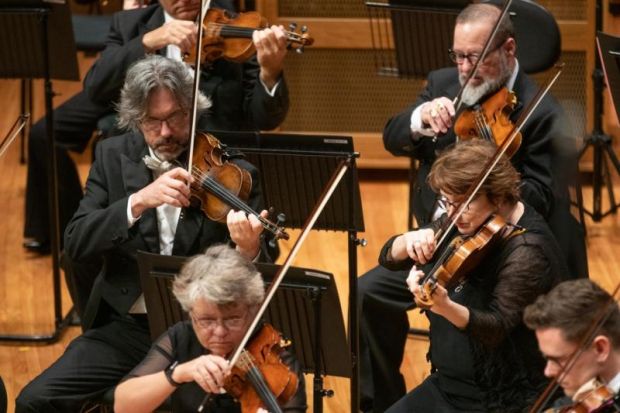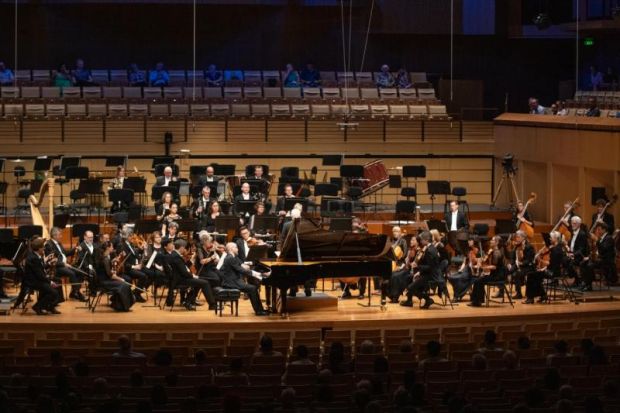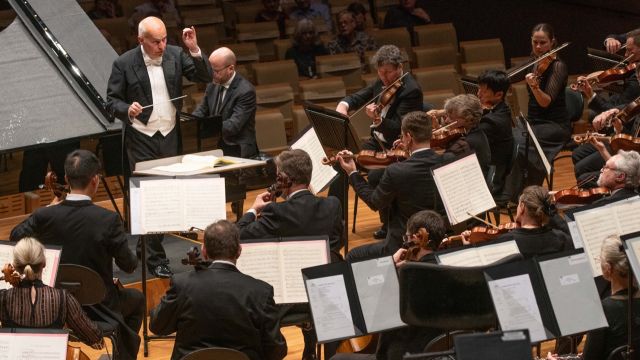Beethoven’s Emperor
The year 2020 was supposed to be a 250th celebration worldwide of the work of Ludwig van Beethoven, but of course due to Covid most of the celebratory concerts were closed down. Whilst Queensland Symphony Orchestra had either cancelled or rescheduled most things this year, they still kept in place Beethoven’s Emperor as the last of their Maestro Series concerts, except replacing Uzbek pianist Behzod Abduraimov with local virtuoso Daniel de Borah.
Beethoven’s Emperor is today thought of as being one of, if not, the greatest piano concerto ever written, but it wasn’t recognized as such in its Vienna premiere in 1812. Written during a difficult time for Beethoven and his adopted city of Vienna, when the city had been conquered by the French in 1809, the composer was profoundly affected by the events. When the concerto was performed as part of a concert of popular songs and performances, the work was barely noticed, but in the 208 years since, the Emperor has gone on to acclaim and has become a ‘warhorse’ in the classical repertoire.

Brisbane-based de Borah proved yesterday what a supremely gifted musician he was. Attacking the piano with vigor, his arpeggios glistened like jewels, his rondo finale was glorious, but it was the slow and beautiful adagio that had serenity - a wondrous performance, with Maestro Johannes Fritzsch keeping tight control of the accompanying orchestra who responded with clean, crisp, playing.
The second piece on the double-bill concert was Ottorino Respighi’s Pines of Rome, which offered a workout for the full orchestra and was absolutely exhilarating. With the trumpets placed up with the organ console, their contribution was stunningly vigorous. Add in the work of the woodwinds, especially the flute and oboe, and we have a beautiful reading of this evocative work. Called a Symphonic Poem, Respighi’s work has become one of the most popular and best-loved on the concert stage. From the opening of the first movement, The Pines of the Villa Borghese, with it’s traditional children’s song Madonna Dore, through the mournful psalm-singing near the Catacombs, to the trill of the nightingale in The Pine Trees of the Janiculum (the first time pre-recorded sound was used in a musical score), and to the sunrise of the finale in The Appian Way, it’s a musical portrait that conjures a vivid sense of location, and the QSO appropriately gave it colour, warmth and life.

Although the audience was socially distanced, their sustained applause showed Fritzsch and the musicians the strength of their appreciation. It was a bravura performance and a fitting finale to the year.
Peter Pinne
Subscribe to our E-Newsletter, buy our latest print edition or find a Performing Arts book at Book Nook.

